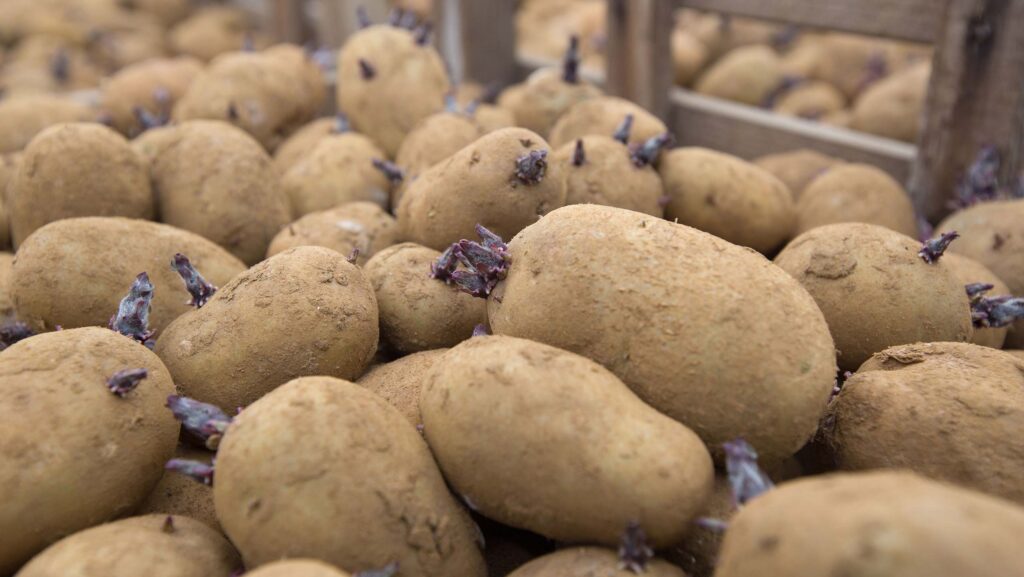AHDB to release £1.4m residual potato funds for research
 © Tim Scrivener
© Tim Scrivener Almost £1.4m is being released from the £1.8m reserves of potato levy money still held by the AHDB following the winding down of its activities in the potato sector, to help fund a variety of research projects.
The money will be released over the next three years to support tools such as potato blight management and aphid monitoring, with the aim of helping growers improve their technical and marketing performance.
It follows a deal between AHDB and GB Potatoes, the new membership organisation set up after growers decided they no longer wanted to fund activities previously carried out by AHDB.
See also: Potato growers vote overwhelmingly to scrap AHDB levy
Scott Walker, GB Potatoes chief executive, said: “Following the wind-up of AHDB Potatoes, the sector has continued to face a number of serious challenges, including threats from disease and the ongoing issue of access to necessary plant protection products.
“This grant offers a foundation to transform key industry projects and develop a sustainable, industry funded model for initiatives that are critical to the future of the potato sector.”
The grant will be tapered over three to five years, reducing each year as GB Potatoes increases its flow of voluntary industry funding.
It will comprise of £1,371,880 over the first three years, while some £400,000 is being retained by AHDB to cover any potential residual liabilities.
This money could be released in years four and five, dependent on a successful review of project performance and any further liabilities.
The seven projects concerned are:
- Potato blight – addressing the significant threat of potato blight by monitoring genetic changes and fungicide sensitivity
- Aphid monitoring – supporting national aphid monitoring, providing industry-wide data for decision-making
- Management tools to tackle viruses – joining Horticulture Crop Protection to help sustain high-grade seed production
- Reputational management – safeguarding the industry’s reputation through monitoring, crisis management, influencer engagement and media outreach
- Bridging information gaps – providing transparent and reliable data on potato cultivation, varieties, and national yield
- CIPC residue monitoring – providing data to the Chemical Regulation Division to assess chlorpropham residues in stores. (Failure to submit data risks rendering stores with a CIPC history unusable.)
- Updating nutrient management (RB209) – ensuring revisions of fertiliser recommendations reflect current technologies.

